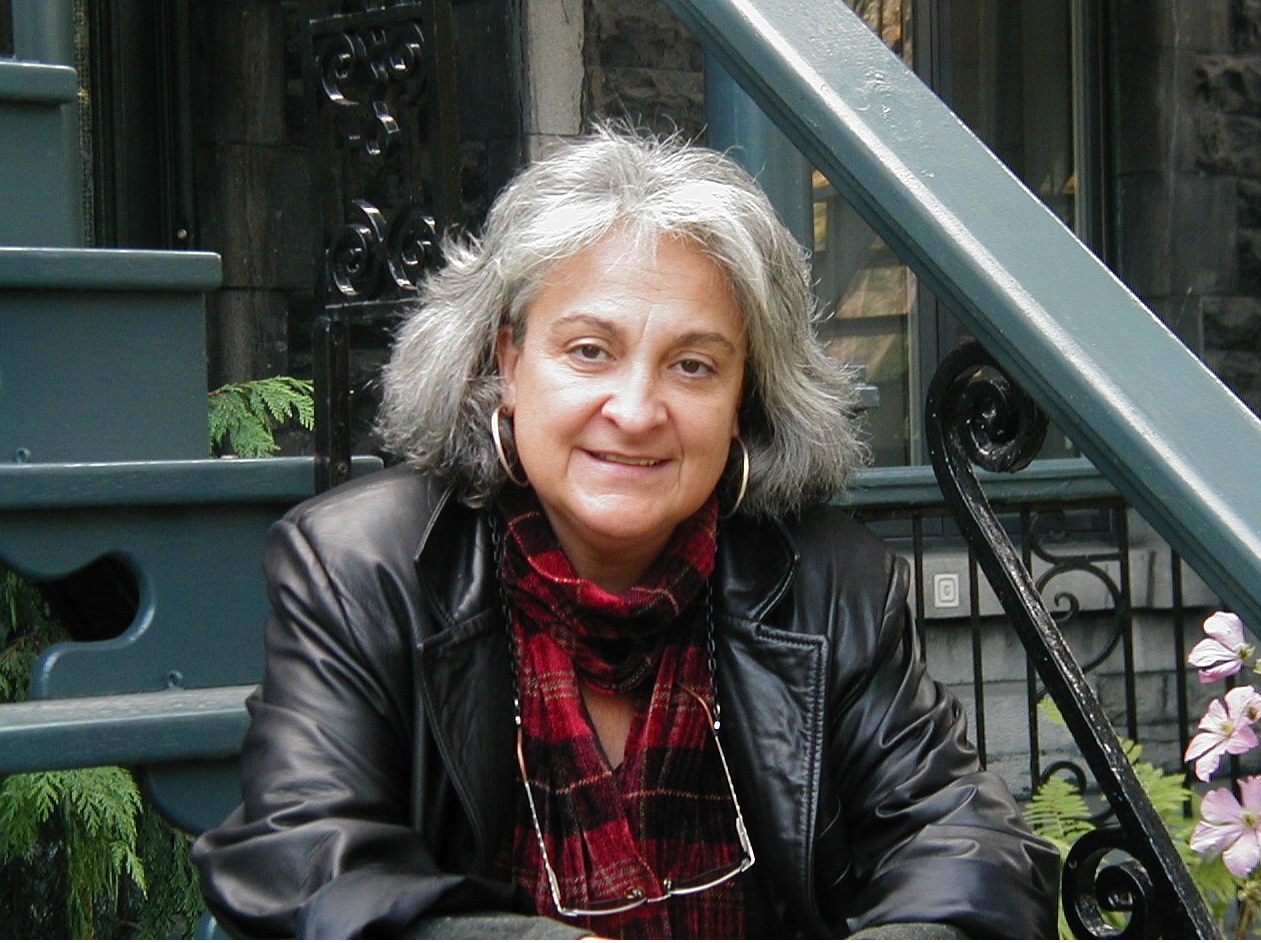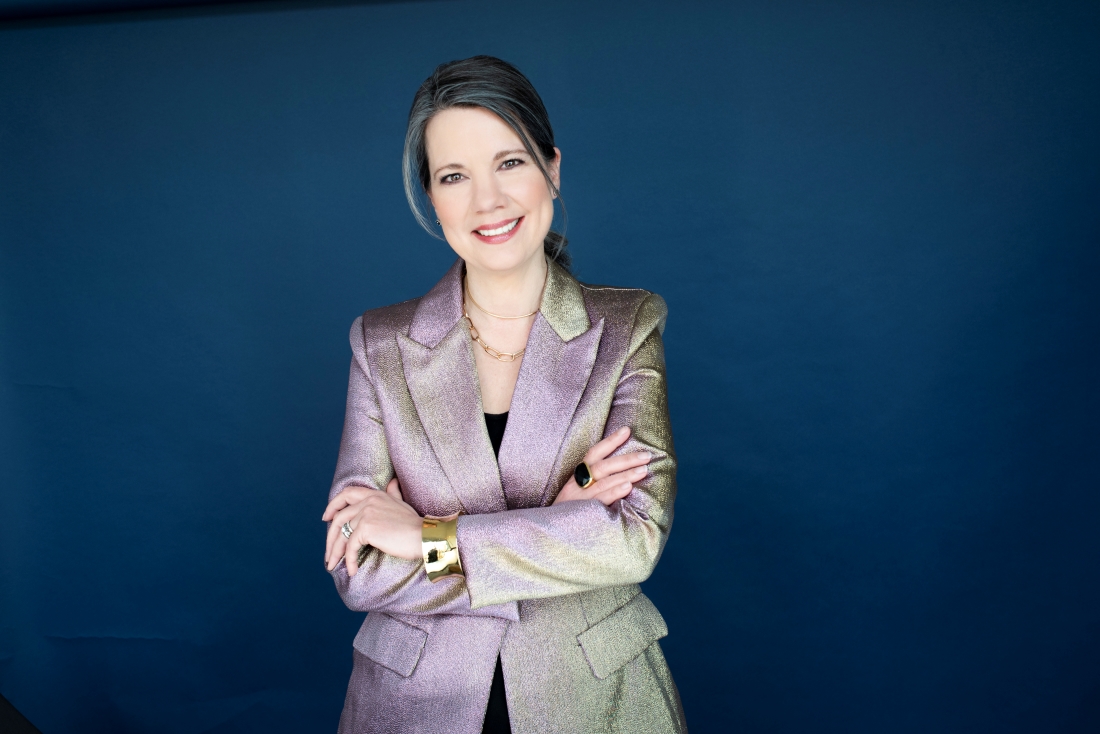In the midst of a war, who bears the brunt? And yet, whose stories are more often told?
Right now, the world is at war, albeit with an unseen enemy. So far, most people are responding as they should, staying home, practising kindness, and communicating meaningfully with others. Many of the people who are doing the actual fighting—the medical professionals, the caregivers, the store clerks—are women. And [at the time of this issue’s publication in May 2020] we can imagine that half of the population that is under strict rules to stay at home are also women. The other half, of course, are men. And men can also be found in the same workplaces. Will the women be safe? Not only from the unseen enemy, but from the men around them?
How is it that I must still ask that question? In these times of #metoo, Harvey Weinstein and other sexual predators finally being named, shamed, tried, and imprisoned, how is it that so many men still see women as inconsequential subjects of their power?
Quebecoise filmmaker Raymonde Provencher has dedicated her career to telling the stories of women whose rights, dignity, and safety have been destroyed in times of war. Whether as children, kidnapped and forced to become soldiers, or as adult “comfort women” (what a term), women all over the world are terrorized, humiliated, attacked, abused, and raped by men. Their ordeals last days, months, years At the end, they are left not only with the trauma, but often with the offspring of their rapist, and the rejection of their own community.
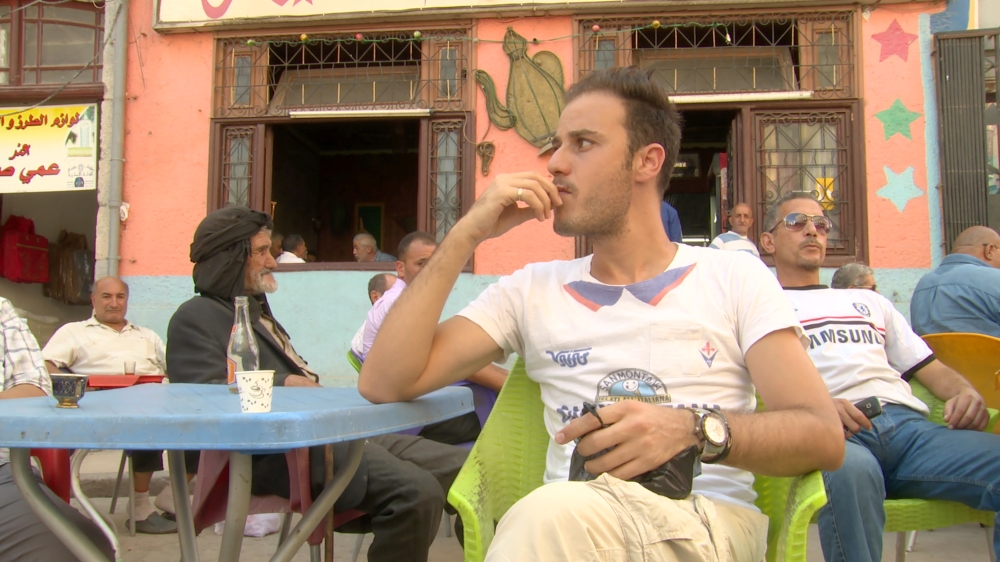
In a telephone interview with POV, Provencher explains her mission: “Those people don’t have voices to talk about what they are experiencing. I wanted to give them a voice, and not to avoid seeing what’s going on. It may not be fun to watch, but why should it always be funny to watch a film?”
Provencher has been interested in human rights and international affairs since her university days. Following graduation, she became a journalist and researcher on several public affairs programs at Tele-Quebec and Radio-Canada. As president of the Professional Federation of Quebec Journalists (Federation professionnelle des journalistes du Quebec) in the early 1980s, she initiated an in-depth study of international reporting in Quebec. At that time, she created the international news program, Nord-Sud, for which she produced about 100 reports from thirty countries over twelve years.
Provencher’s work is both immediate and timeless. Hot Docs chose five of her films to spotlight her work in the Focus On retrospective of 2020, which is now screening in the 2022 festival after being deferred due to COVID-19. Shane Smith, Hot Docs’ director of programming says the Board took little time to approve the spotlight: “Her work is remarkable—humane, compassionate and carefully crafted—and her focus on stories of international human rights deserves to be recognized and applauded.”
Hot Docs programmer Lynne Fernie was impressed by Provencher’s transition from journalism to feature filmmaking. She notes that, “Raymonde’s years as an international current affairs journalist gave her a wealth of on-the-ground experiences with people facing conflict and violence around the world, and I think this influences how she makes her feature docs.”
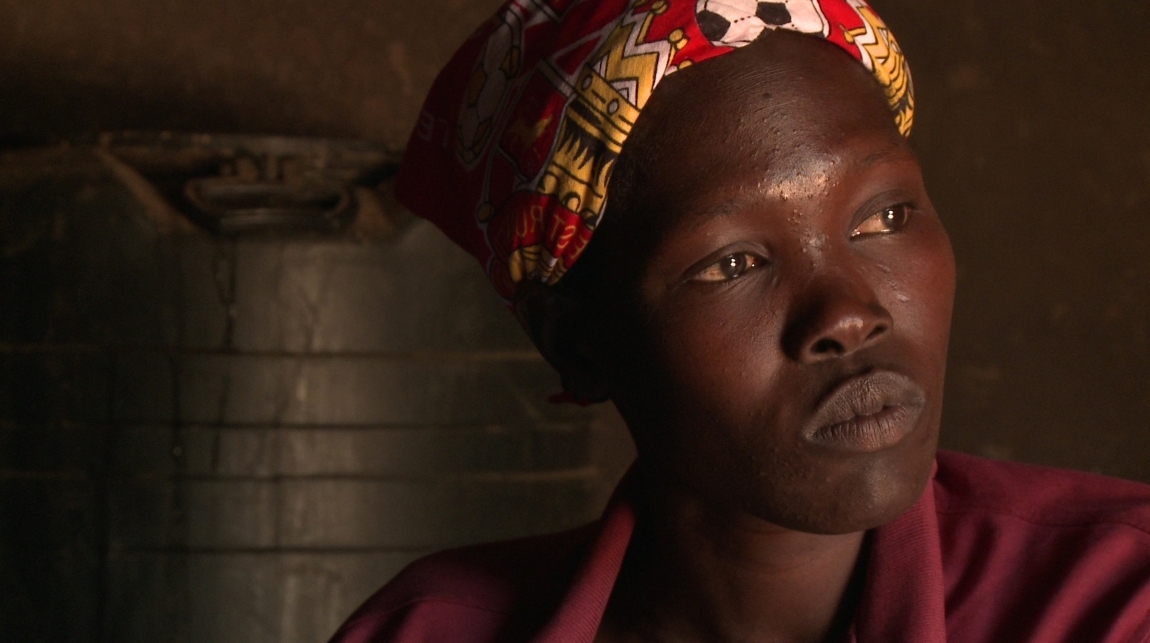
Grace, Milly, Lucy…Child Soldiers (2009), co-produced with the NFB, deals with the painful tragedy of children forcibly recruited by rebel troops in Uganda. As young adults at the time of Provencher’s shoot, her subjects are struggling with the aftermath of their abduction, their training as killers, their forced “marriages,” the unsympathetic treatment on their return to their families and communities, and their unwanted children. Provencher was interested in the subject of children who were turned into soldiers, and particularly in shedding a light on the girls, whom she suspected would have had a very different response to their situation than the boys. It is fascinating to hear the accounts of the girls, for example, as they describe how they calculated the risk, not only to themselves but to their friends, of trying to escape.
War Babies (2003) deals with children born to victims of wartime rape. It features a young Canadian man who found out as a teenager that, while he always knew he was adopted, his mother had been raped by an enemy soldier and had immediately given the baby up for adoption. The young man demonstrates tremendous empathy not only for his mother, whom he tries but fails to find, but for all women who are forced to carry their rapist’s baby to term. So many of those women choose or were forced to raise a child, facing every day the dilemma of wanting to care for their babies while wanting to forget how they were conceived.
These represent only two of the hundreds of pieces Provencher has produced and directed, whether for television, as a journalist, or as a partner in Macumba Films. Crimes without Honour (2012) demonstrates that rape is a war crime that occurs in every war, all over the world. And with Torn Apart (2017), she turned the camera on Quebec, where arranged marriages still occur.
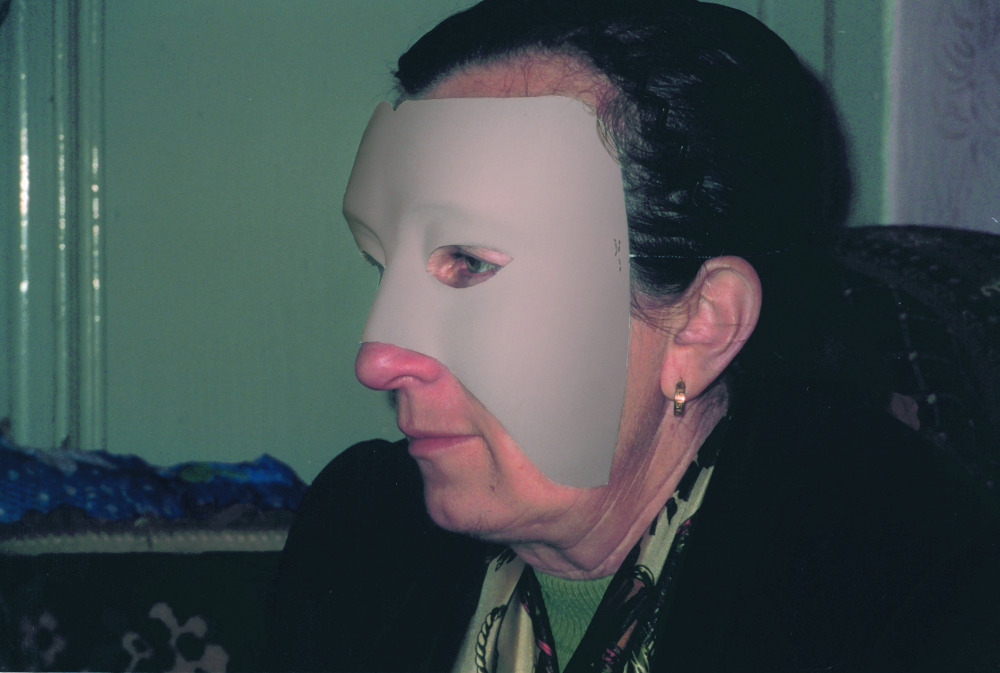
Provencher spends years doing the research for her films. She says, “I have to be very confident in a subject before I decide to make a film about it, because you are going to spend three, or maybe five years, with it. I persevere: you feel very caught by the subject—they need to be done and I’m the one to do it.” She begins by gathering all of the available information and identifying the NGOs (non-governmental organizations) working on the issue. She contacts them to enlist their support for her project. With their help, she identifies women who might be willing to be interviewed.
When Provencher finally visits a location, her local fixer introduces her to the potential subjects for her film, and often translates as well. The women she meets are often facing the condemnation of their communities, or rejection by their families for what has happened to them. They may fear backlash if they speak publicly about their ordeal. In Bosnia for example, Provencher interviewed at least seven women, only one of whom was willing to be filmed—and then only with a mask and a false name. Provencher clearly makes a deep connection with the women who do agree to be interviewed on camera. She says, “When they tell the story, I think they see in my eyes that I am completely involved in what they have been through. I understand completely.”
Given the circumstances, these are stories told after the fact. Provencher relies on the women themselves to tell their stories in most cases, sometimes accompanied by images of the landscape where the stories occurred. These re-enactments are visually powerful: you see the bare feet on the dirt path through the grasses and the impassive rooftops of a city.
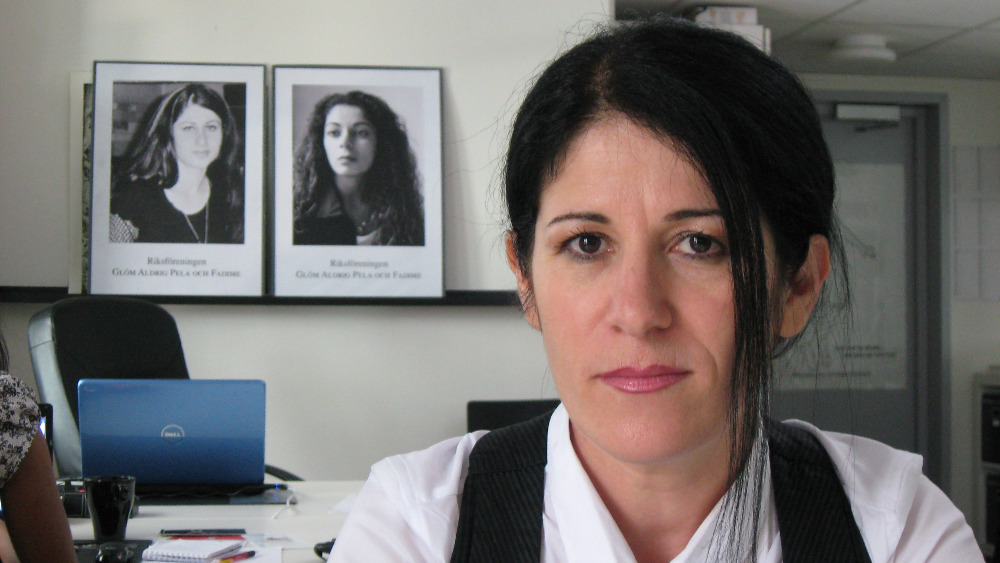
“Every woman anywhere in the world will recognize the fear,” says Provencher of the dire circumstances she recreates. These are global stories. They tell universal truths. So even though Provencher recognizes that she has lived a life of relative privilege, she says, “I can easily take their place. All women around the world can imagine this: just ask yourself. Think about being alone in a room, with nothing in your hands, and you hear noise and three or four guys arrive with machetes, with guns. What can you do?”
Occasionally, Provencher shows us the response of men to these stories. In War Babies, a young man who finds out that he was a “war baby” provides a narrative structure and an empathetic voice.
In another, the translator and the camera operator are outside a makeshift prison for war criminals in Rwanda. The translator engages the men in conversation; the camera reveals their blank looks. It is clear from their responses that they do not acknowledge that they committed crimes against women.
Provencher says, “I wanted to talk to those guys… [For them,] somehow, raping a woman wasn’t so terrible, after what they had been through. There was a kind of innocence. They had killed, you know, so rape a woman? Who cares? This is the situation. Unfortunately, they lead a very good life beside their victims. It is terrible, frightening for the women.”
Some things stay the same: men still rape women because they can. Some things change. Many women want to tell their own stories and advocate for themselves, and for change. Some women resent when others, especially from western countries, come in to take their stories and profit from their retelling. (Most of Provencher’s films were made in the early 2000s.) She says, “At that time, I didn’t think about that at all. I just wanted to be in touch with those women who were suffering, giving birth to a child, or with those girls being kidnapped and held in the bush in Sudan. I just wanted to do something for them. It was the only thing I had in mind at that time. And the thing I could do, because I’m a filmmaker, was make a film. That was my drive. Now, I don’t know.”
“I want to make films that provoke discussion, that provoke conscience, that provoke decisions. It’s like a relay. I do my part, and then those who are charged with making justice, they have to do their jobs. My job is to tell the story very loudly. The lack of justice is the job of others.” – Raymonde Provencher
In some such cases, filmmakers take the film back to the subjects to screen it and obtain their approval. That was not possible for Provencher. “This is very complicated, if you think about the countries where I’ve made films. Think about War Babies. So complicated. I know that one of the women has died from AIDS. I have seen the woman in Bosnia some time ago, and I wanted to show her the film but she was not willing to see it. She is so damaged. If you see her today, you won’t recognize her. She just wants to forget about it, so she wants to forget about me, too.”
Provencher’s motivation and obvious identification with her characters offers an honourable response to any argument about appropriation. She is far more concerned about generating discussion and action on the part of those who are responsible for bringing justice for the women victimized in conflict situations. She says, “I want to make films that provoke discussion, that provoke conscience, that provoke decisions. It’s like a relay. I do my part, and then those who are charged with making justice, they have to do their jobs. My job is to tell the story very loudly. The lack of justice is the job of others.”
Hot Docs’ Fernie notes the universality of Provencher’s work. “Rather than focusing on a single religion or race which can fall into the trap of stereotyping the ‘other’ to western audiences, Raymonde focuses on how patriarchal systems of power across faiths and national boundaries underlie this abuse.”
Provencher’s work put me in mind of another feminist, Ruth Bader Ginsburg, who said, “I ask no favour for my sex; all I ask of our brethren is that they take their feet off our necks.”
Hot Docs runs April 28 to May 8, 2022.




